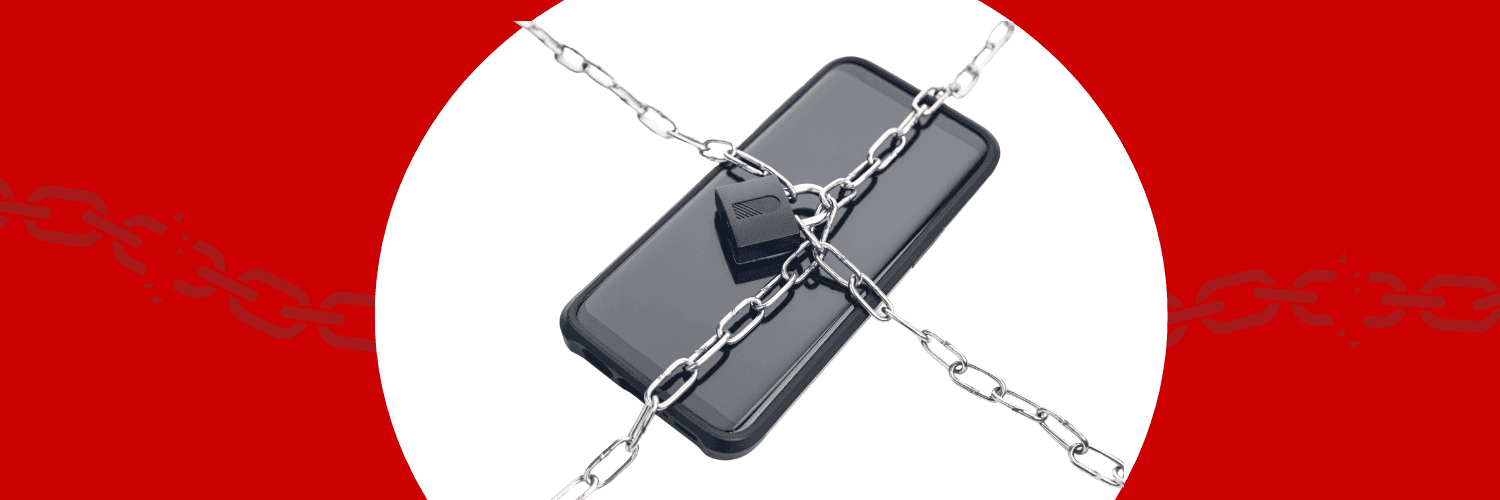Public Wi-Fi networks and the possibility of using the internet for free have long ceased to be a luxury. But is such public Wi-Fi safe? It seems to be the standard nowadays. City Wi-Fi networks, internet connections in trains, cafes, restaurants, or hotels no longer surprise or deter anyone. Or maybe they should? Should we connect to such networks thoughtlessly? Not necessarily. There are an incredible number of ways to steal data through a connection to public networks, which is why navigating such a network requires caution. Here are a few ways to maintain it.
Avoid connecting to Wi-Fi networks you don't know
First and foremost, when using available free and unsecured Wi-Fi networks, we should make sure that the hotspot we intend to connect to is indeed a network belonging to the place we are in. When in a cafe, it's worth asking the waiter, at the station, approach the information desk, at a hotel, go to the reception, etc.
Many hackers take advantage of users' ignorance or naivety and create hotspots with names similar to the original ones, in reality illegally downloading data. And this is just one way to steal data. There are really many of them, and what's more – they are often used by cybercriminals.
However, we don't want to demonize public Wi-Fi networks. You need to keep in mind that you can browse websites or play online games without worry. However, logging into your bank or even your email account can be dangerous. Let's also remember to have the firewall enabled and the most up-to-date antivirus program running when using the network – preferably with financial transaction protection.
Turn off automatic connection to available Wi-Fi networks
It's very convenient when, regardless of where we are at the moment, our phone connects to the available Wi-Fi network. Unfortunately, it's also a big danger. Not every Wi-Fi our phone connects to will necessarily be safe.
Any cybercriminal who sees us in a given location and knows that we eagerly use the available network there can consider us an easy target. Our phone can then connect (without needing to give consent) also to dangerous networks created for the purpose of stealing data. Therefore, it is worth disabling the option of automatically connecting to Wi-Fi networks and using them thoughtfully, only when we really need to.
In most cases, connecting to available networks is due to habit, as until recently, data packages offered by operators were much smaller. Today, almost every operator offers such a data package that you practically don't need to connect to Wi-Fi at all. As an example, consider the Subscription offer with 60 or 80GB of internet. It's worth taking advantage of such offers, gaining security. And also a lot of convenience. You don't have to wonder if it's safe Wi-Fi, you have your own internet in your pocket.
Secure Wi-Fi by using a VPN
VPN, or Virtual Private Network, is a good way to safely use the internet, including public ones. This solution encrypts all our data and content that we transmit. We can easily use a VPN on all types of devices, including mobile ones.
Often, we have to pay for using this solution, but there are also free systems. However, you have to take into account that using free systems has its drawbacks. Among them, we can mention using services from unknown providers, slow internet connections, and limited data transfer. The good news is that paid solutions are also generally inexpensive – their prices start from even a dozen or so zlotys per month.
Use two-factor authentication
Another way to protect your data can be two-factor authentication. It's worth using this option whenever possible. This way, each time you log in, e.g., to your bank, you will have to enter a code received by SMS or email. Thanks to this, you will also be informed about any attempt to access your account – by receiving a message about a login you did not make. This is a good sign that it's high time to change your password (which, by the way, is worth changing regularly).
When logging into public networks, also remember the issues we wrote about recently in our article on safe internet use. For example, it is very important to set different passwords for each of your accounts. Thanks to this, we gain certainty that even if someone steals our data, they will not automatically gain access to all accounts. Above all, it's not worth setting easy passwords. Let's also remember to enable the firewall, which is automatic for many programs (but it's always worth remembering to check this issue).
Intrusions into public Wi-Fi networks are a common occurrence, and we should remember this. It's better to assume that safe public Wi-Fi does not exist. And remember that we are responsible for the security of our data. Fortunately, more and more of us are using the rich internet packages offered by mobile operators, and these types of connections seem to be the safest.
And you – what are your ways to secure Wi-Fi?











